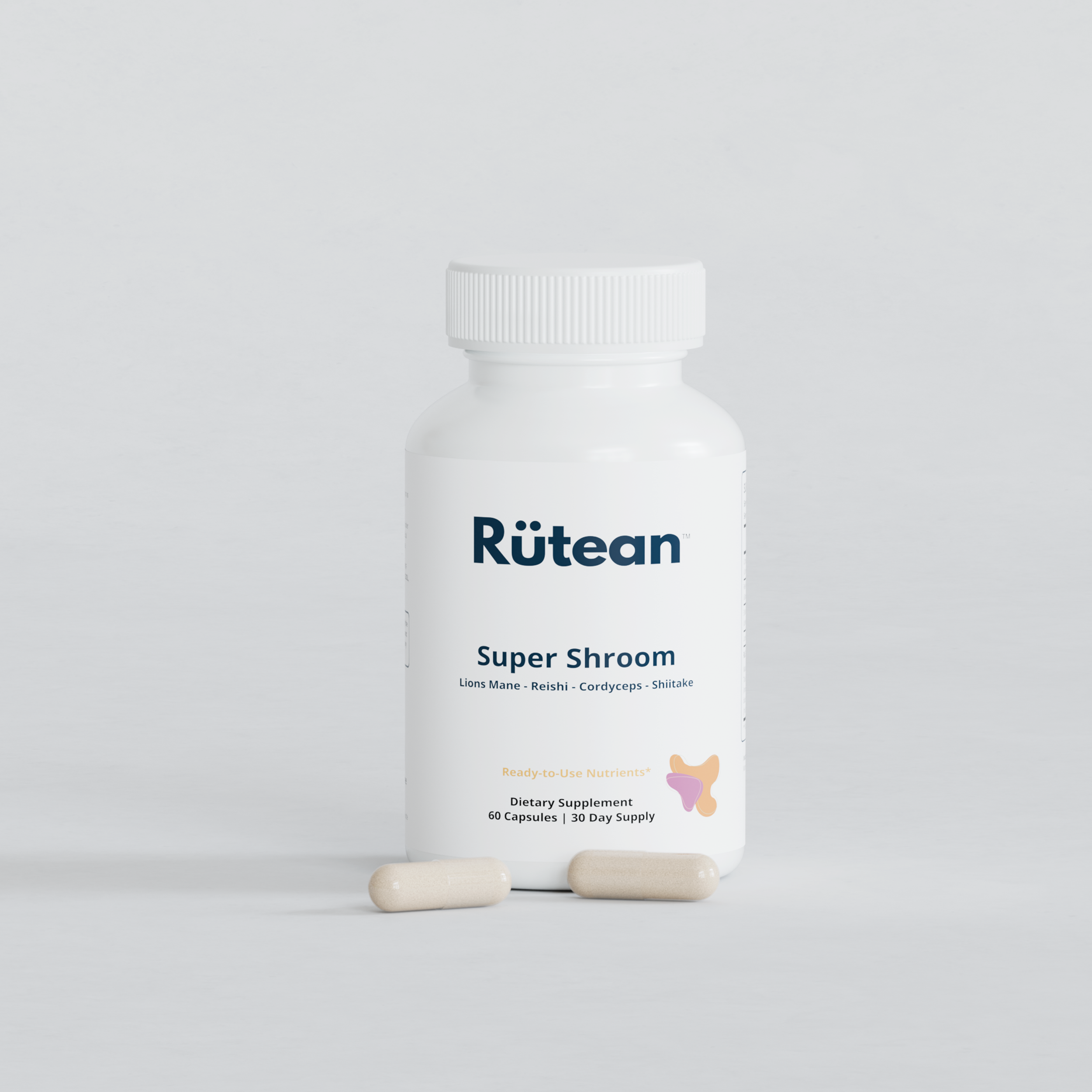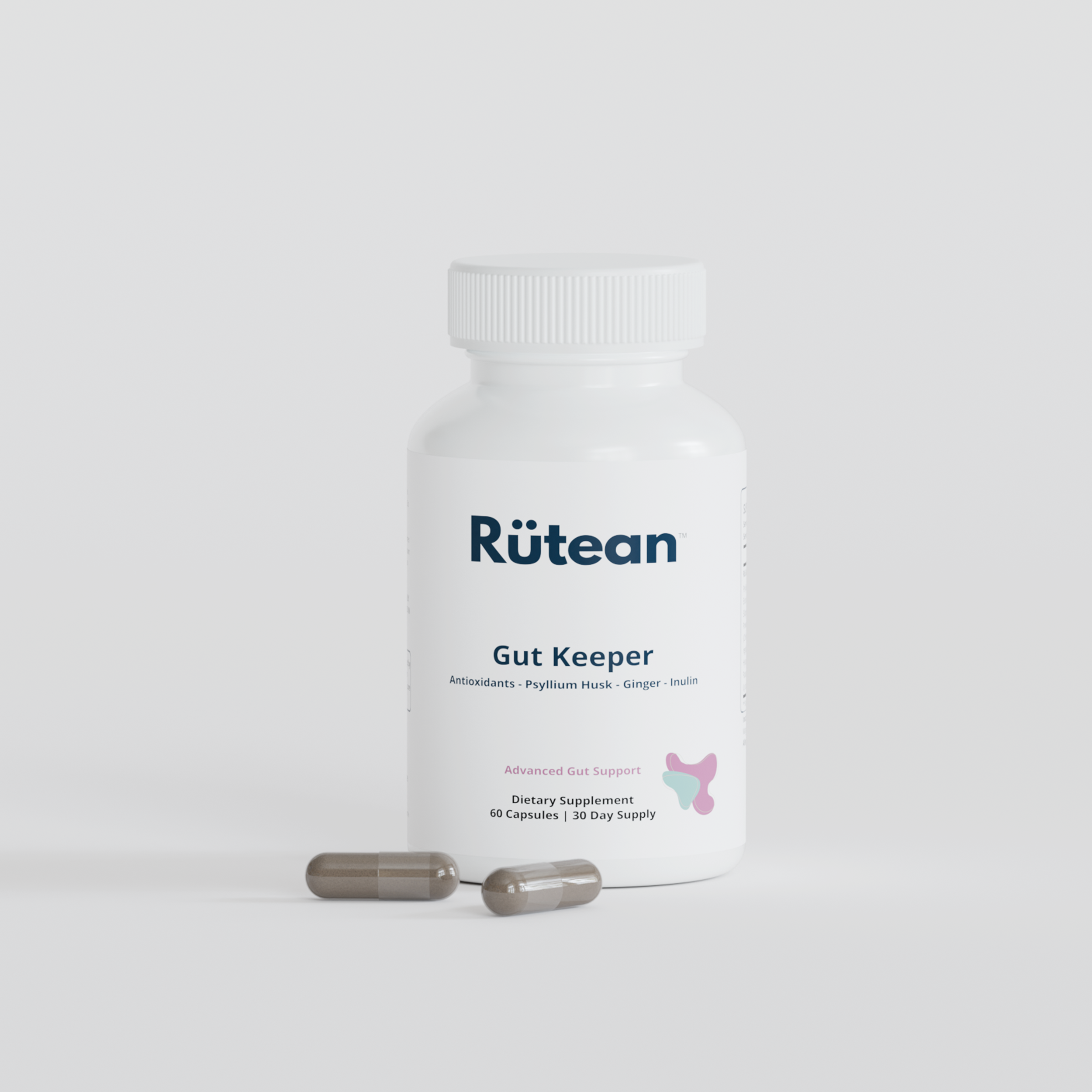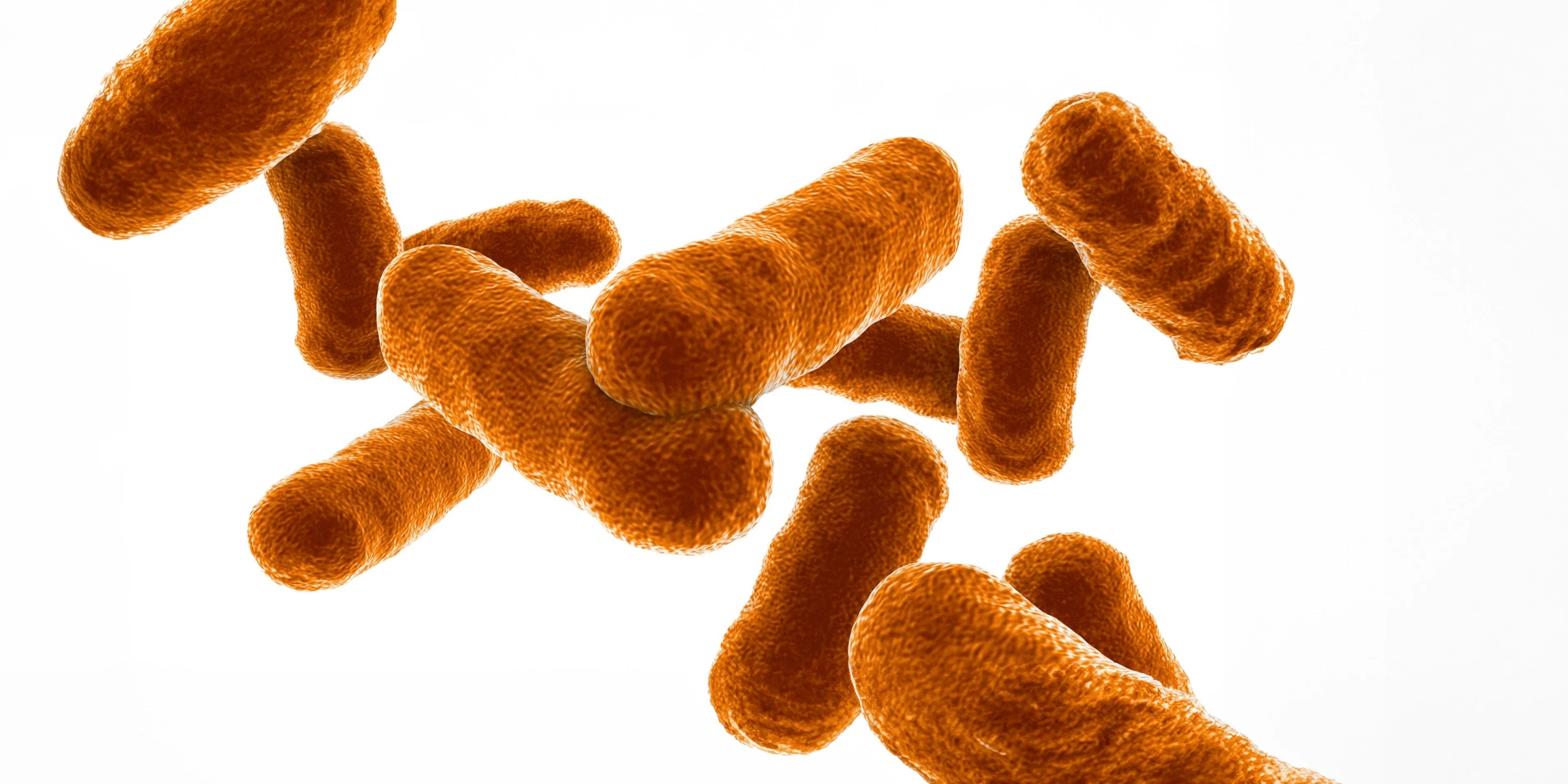Bacillus coagulans: A Resilient Probiotic for Gut and Immune Health
Probiotics are friendly bacteria that play a critical role in maintaining good health, especially in the digestive system. Among these beneficial bacteria, Bacillus coagulans stands out for its unique properties and health benefits. Here’s what you need to know about this tough probiotic.
What is Bacillus coagulans?
Bacillus coagulans is a type of lactic acid-producing bacteria. Unlike some other probiotics, it is uniquely capable of forming protective spores. These spores help it survive the harsh acidic environment of the stomach, ensuring that it reaches the intestines where it can thrive and exert its beneficial effects.
How Bacillus coagulans Benefits Your Gut
Once Bacillus coagulans reaches the intestines, it emerges from its spore form and begins to grow and multiply, playing a vital role in balancing the gut microbiota. This balance is crucial for maintaining digestive health and supports the efficient breakdown and absorption of nutrients.
Bacillus coagulans helps stabilize the intestinal environment by reducing harmful bacteria and promoting the growth of beneficial microflora. This equilibrium is essential for preventing and alleviating common digestive issues such as bloating, gas, and irregular bowel movements. Furthermore, the presence of this probiotic can enhance the mucosal barrier of the gut, supporting overall intestinal health.
Key Health Benefits of Bacillus coagulans
- Improves Digestive Health: Helps maintain a healthy balance of bacteria in the gut, supporting effective digestion and nutrient absorption. Regular consumption can improve bowel regularity and decrease symptoms like indigestion and heartburn.
- Enhances Immune Function: About 70% of the immune system is housed in the gut. Bacillus coagulans boosts the gut's immune response by increasing the production of immune cells, helping defend against pathogens and potentially reducing the frequency of infections.
- Supports Digestive Disorders: Clinical studies show Bacillus coagulans can alleviate symptoms of irritable bowel syndrome (IBS), including bloating, gas, and abdominal pain, by stabilizing the digestive tract and reducing pathogenic bacteria.
- Manages Inflammatory Responses: By modulating gut flora, Bacillus coagulans can help reduce systemic inflammation, benefiting those with chronic inflammatory conditions.
- Promotes Overall Well-being: A healthy gut microbiome, supported by probiotics, can positively affect mental health through the gut-brain axis, potentially reducing symptoms of anxiety and depression.
Enhancing Gut Health and Beyond with Bacillus coagulans
Bacillus coagulans is a robust probiotic known for its resilience and health benefits, particularly in supporting digestive health and boosting the immune system. Its benefits are even greater when combined with a diet rich in superfoods.
One exemplary product that harnesses the power of Bacillus coagulans along with nutrient-rich superfoods is Rutean’s Daily Greens. This unique blend is designed to improve gut health and provide comprehensive nutritional support. Here's what makes Daily Greens an essential part of a healthful diet:
- Superfoods Galore: Includes organic wheatgrass, spirulina, and kale, packed with vitamins, minerals, and antioxidants to detoxify the body and boost vitality.
- Dietary Fiber: Ingredients like organic inulin and flax seed powder support digestive health by promoting regular bowel movements and a healthy gut microbiome.
- Anti-inflammatory Benefits: Organic turmeric and matcha are known for their anti-inflammatory properties, helping reduce chronic inflammation.
- Stress Management: Organic ashwagandha, a renowned adaptogen, helps the body cope with daily stress and improves mental clarity.
- Probiotic Support: Bacillus coagulans enhances gut-health benefits, maintaining balanced intestinal flora, improving nutrient absorption, and boosting the immune system.
Conclusion
Incorporating Bacillus coagulans into your diet is a proven strategy to enhance gut health and support your immune system.



